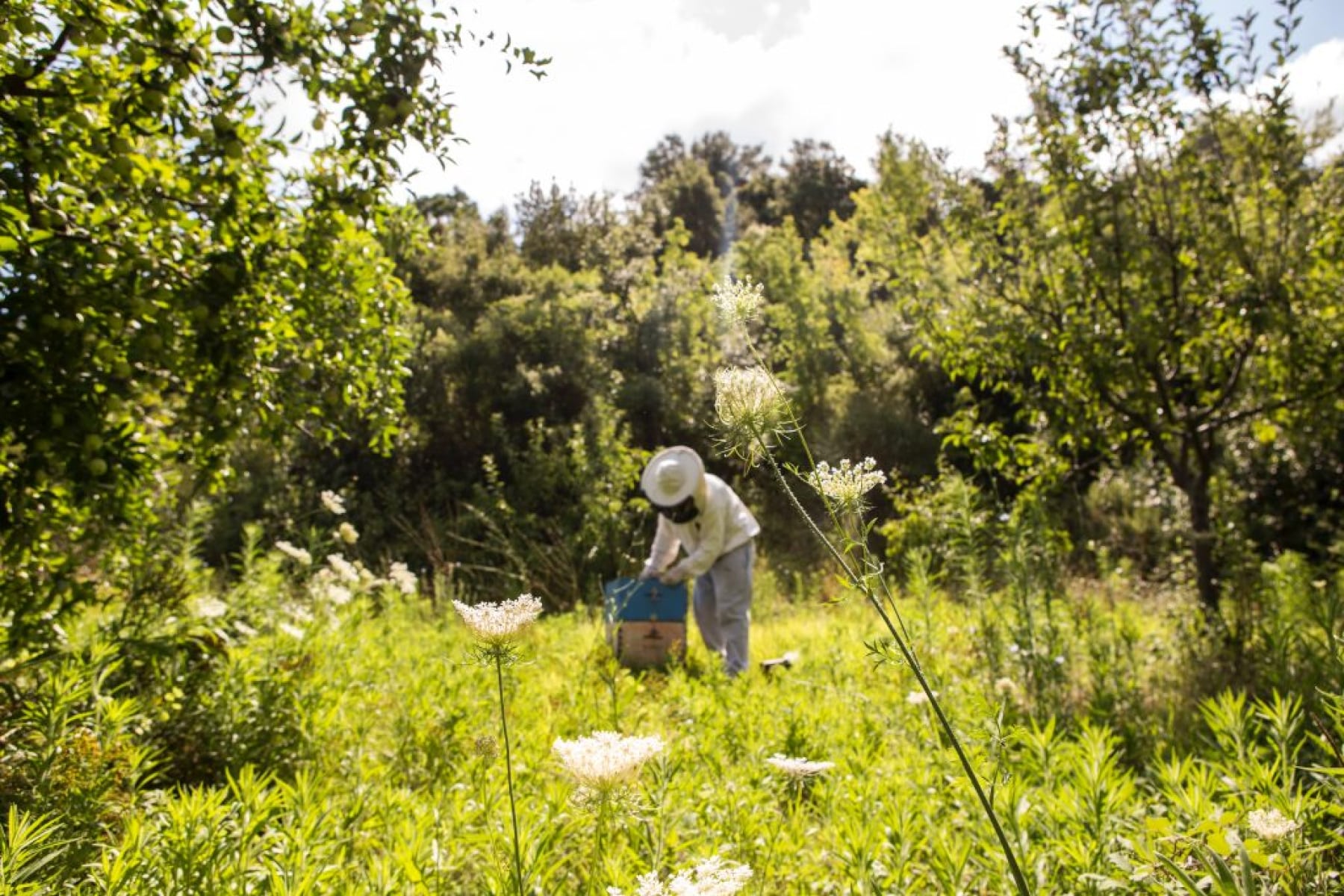Here are five ways you can reduce the environmental impact of your brand right now:
1. Conduct a supply chain audit
A supply chain audit is a good first step towards becoming more ethical. Globalization has led to complex and murky supply chains, which can be difficult to manage. Innovative technologies are making it easier than ever to conduct an audit. Supply chain audits allow a business to have a bird’s eye view of a product journey and create end-to-end transparency. Through the process of an audit a business can mitigate risk. It can identify any negative environmental impacts that exist.
By conducting an audit, business leaders can validate transparency and ensure that all suppliers are working in a sustainable and environmentally friendly way. It provides a clear circuit breaker for brands. Business owners and shareholders can ensure they only work with suppliers who adhere to social and environmental standards and share the same values. Furthermore a brand can ensure that the chain has no criminal activity, human rights violations or animal cruelty behind a product journey.
2. Innovate the manufacturing process

The manufacturing process can be dramatically improved with strategic innovation. Operational advancements and new technologies can increase energy efficiency dramatically, making manufacturing processes far more sustainable. The first step for a brand is to map its impact and set priorities, then take action steps. From there the journey of innovation can begin. Business leaders can also take inspiration from brands that are using innovative techniques and utilizing technology to lessen environmental impacts and minimize harm.
A big part of creating a more sustainable manufacturing process is to transition to a circular model. This model ensures that waste is reduced at every step and materials are being reused.
3. Manage waste and use recyclable or sustainable materials

One of the biggest environmental issues that we face is latent waste. In the fashion industry it has been reported in Australia we send 85% of the textiles we buy to landfill every year. E-waste is a major problem in consumer electronics. Only 12.5% of electronics are being properly recycled and the rest piling up in landfill, leading to toxic materials leaching into the ecosystem. It is important for brands to create a waste management system for any materials that can be harmful to people or the environment.
Using recyclable and/or sustainable materials can make a considerable difference to the health of the planet and reduce waste. By recycling materials you can ensure that they go on to be transformed and reused for years to come. Conserve energy and natural resources by using sustainable materials. Brands can reevaluate the raw materials used in the creation of a product. Then gradually integrate recyclable and sustainable materials where possible. A great example of a brand leading the way with recyclable or sustainable materials is Patagonia.
Another important aspect of waste management is considering product packaging. Find environmentally friendly alternatives or swap-out plastics for recycled materials where possible.
4. Manage energy use and reduce CO2 emissions

Small and gradual changes can make a big difference when it comes to reducing CO2 emissions. Manage energy use within a business by using energy efficient appliances, swapping out light bulbs, installing smart timers, optimizing heating and cooling systems, minimizing single use plastics in the office and educating staff on energy efficiency. The progress you can make in a short period of time might surprise you.
A bigger change that a business can make is opting to travel less or considering alternatives to air travel where possible. Use more fuel efficient or alternatively fueled vehicles for road travel.
Furthermore your business can incentivize staff to use public transport or walk or bike to work.
Another option is implementing flexible working arrangements. By using video conferences and allowing staff to work from home to reduce road travel.
5. Share your sustainability journey

Sustainability is an ongoing process for all businesses and industries. By sharing your sustainability journey, a brand can empower consumers and share its values with the world. Transparency not only builds trust but it creates change because it inspires other brands to do the same. It also helps to engage employees and motivate them to participate in sustainability efforts.
We cannot address the issue of climate change unless businesses are open and honest about the state of the industry. Open conversations are vital to reduce the environmental impacts of business. If you can’t see it, you can’t be it.
Now is the perfect time to shine a light on sustainability.
Register with MISIO to accelerate ESG to grow profit and share your ESG journey for the world.


Leave A Comment
You must be logged in to post a comment.